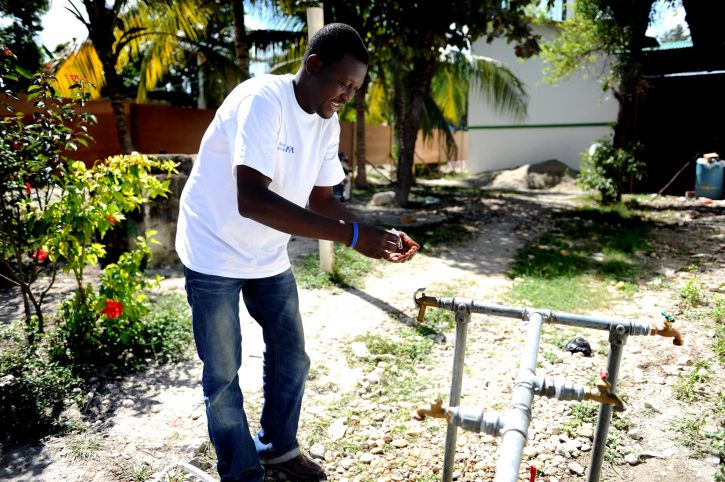Kenya govt announces several plans to achieve sanitation targets by 2030

- Country:
- Kenya
The government of Kenya said on May 8 that it expects to achieve its sanitation targets by 2030 in accordance with its vision.
Winnie Guchu, chief administrative secretary for water and sanitation, said the ministry is optimistic to achieve the targets alongside the African Union (AU)'s agenda 2063 and the UN's sustainable development goals (SDGs).
"We need a change of attitude from our partners since sanitation currently does not receive financial attention as water," Guchu said at an annual conference for the Water Service Providers Association of Kenya (WASPA).
She said the government has developed a plan of action that targets collaboration with the development partners and non-governmental organizations (NGOs) to mobilizing human and financial resources to ensure that targets set are met within a given period of time, Xinhua reported.
"We have started mainstreaming sanitation in the national and county governments with the aim of improving its importance for human dignity, self esteem, gender equality and poverty reduction," she added. The official revealed that access to sewerage is currently 16 percent in urban areas and 7.3 percent nationally.
She said about 5.6 million Kenyans, or 12.5 percent of the population, still practice open defecation despite the government efforts in reducing the percentage. So far, only three counties have been declared open defecation free (ODF) and 13,328 villages have also been certified as ODF.
"This sanitation status is unacceptable since in 2017, 20 percent of Kenyans were using safely managed services while basic sanitation services stood at 5 percent," Guchu added. She said that sanitation plays a central role in sustainable development as improved access to water and sanitation can break disease-poverty cycle, as reported by Xinhua.
Guchu said the negative impact of insufficient sanitation services on education and productivity of the population is equally huge. Many rural households have to spend many hours per day fetching water from unsecured sources where water quality is suspect. "This burden is left to women and it ends up affecting the girl child education," the official said.
Also Read: China, Kenya collaborate to curb infectious disease caused by pathogens
- READ MORE ON:
- Kenya
- Kenya government
- Kenya sanitation
- Kenya 2030
ALSO READ
Elephant deaths trigger Kenyan call for Tanzania to curb hunts
Athletics-Kenya's Kipchoge eyes historic Olympic marathon hat-trick
Kenya proposes maritime treaty to defuse Ethiopia-Somalia tensions
Kenya proposes regional maritime treaty to end Ethiopia-Somalia dispute
Kenya recalls J&J children's cough syrup over suspected toxicity










